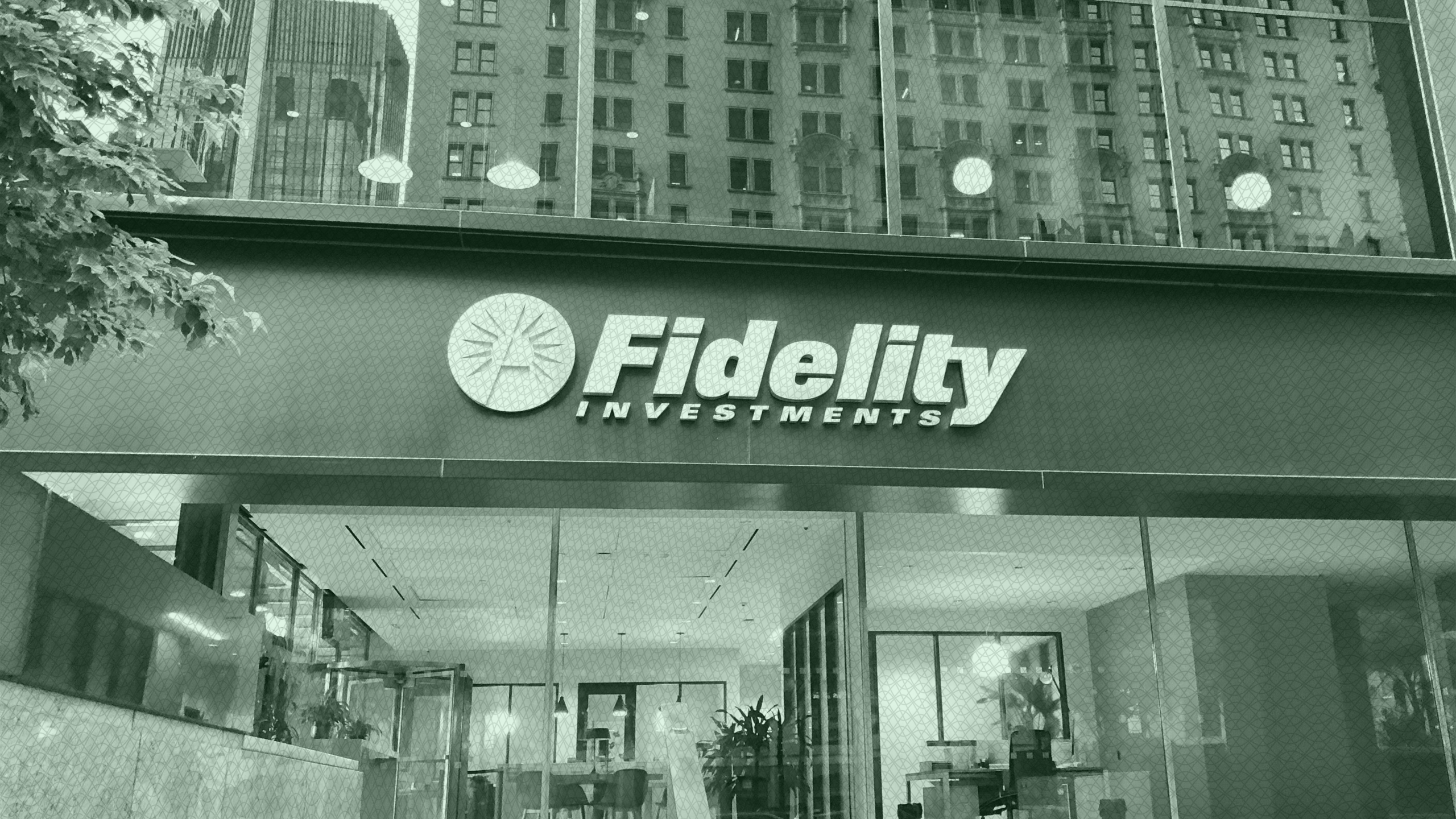Behind Pontera’s Open Letter Calling Out Fidelity Over 401(k) Accounts
Company CEO Yoav Zurel criticised the firm for blocking customers from accessing their 401(k)s.

Sign up for market insights, wealth management practice essentials and industry updates.
Just like an all-you-can-eat buffet, there’s no sharing when it comes to retirement accounts.
Fidelity doesn’t want its 401(k) customers sharing account credentials with third-party platforms that want to help manage those assets, and said the practice is potentially putting their accounts at risk. Fidelity announced last year that it would take steps to prevent platforms reliant on credential sharing from accessing and taking action in customer accounts held at the asset manager. Those efforts have ramped up in recent weeks with Fidelity saying sharing credentials is against company policy, according to an email viewed by Advisor Upside.
But Pontera — a fintech that lets advisors manage clients’ workplace retirement plans — had sharp words for the largest 401(k) provider last week, alleging that security is not really Fidelity’s main concern. “This is absolutely not about security despite the narrative that Fidelity continues to tell,” Pontera CEO Yoav Zurel told Advisor Upside.
Lock It Up. No, You Lock It Up
In an open letter to Fidelity last week, Zurel accused the firm of blocking customers who shared account access with outside advisors or platforms. “What we’re seeing is an anticompetitive power grab — Fidelity compelling customers to use Fidelity advisors for their own 401(k) accounts, or no advisors at all,” he wrote. Zurel argued Fidelity is trying to keep savers “locked under maximal institutional control” to steer business toward its own services.
Defined contribution plans, which hold roughly $13 trillion, have become a battleground between major incumbent recordkeepers advocating for client protection and fintech firms that are pushing for more choice and fiduciary flexibility. Many of the 401(k) participants whose accounts were blocked said they “did not share their credentials and do not appear to be aware that a third-party platform is using and storing their credentials,” according to a Fidelity spokesperson. The firm also said:
- Some clients, who have their advisors manage their Fidelity 401(k)s through platforms like Pontera, received notices that they were blocked from accessing their digital accounts.
- Fidelity said clients must call in to “reset their digital credentials to maintain uninterrupted digital access to their account,” according to the email.
The re-verification process has been tough on customers. “Some consumers have been asked to send a copy of their driver’s license, passport and more over email — and many have refused to do so,” Zurel said. “In some instances, consumers have been told that their financial advisors and spouses cannot join them on the re-verification calls.”
All in One Place. Advisors haven’t been thrilled about the measures either, saying it runs counter to fiduciary responsibility and keeps them from getting a full view of a client’s finances. “If you have an advisor who’s already managing your IRA or taxable brokerage account, wouldn’t you want that same advisor to be able to manage your workplace retirement plan?” said Kyle Playford, a CFP with Freedom Financial Partners.











